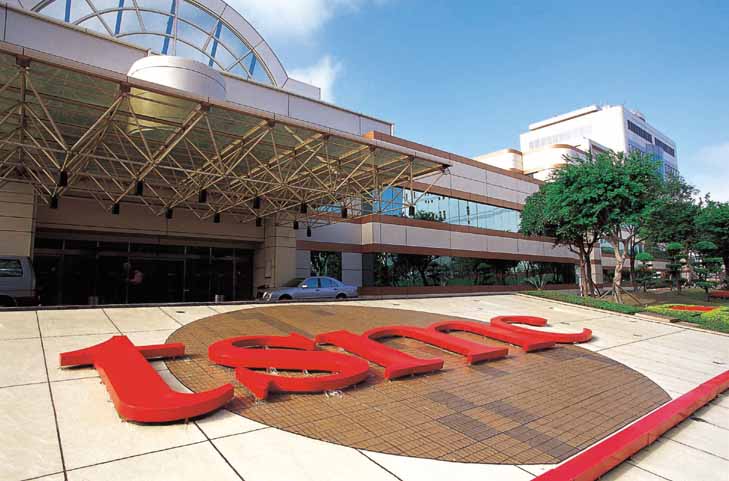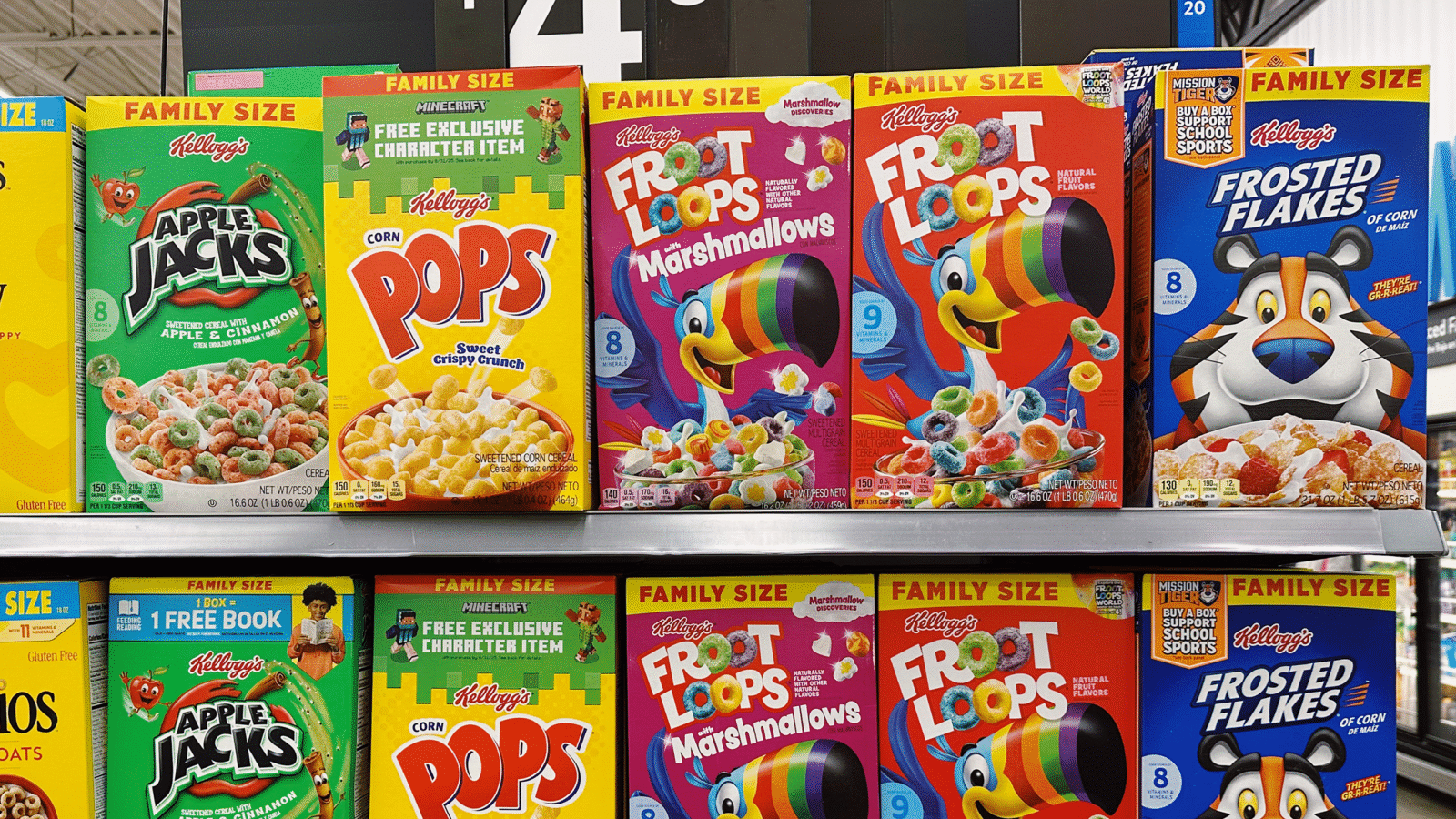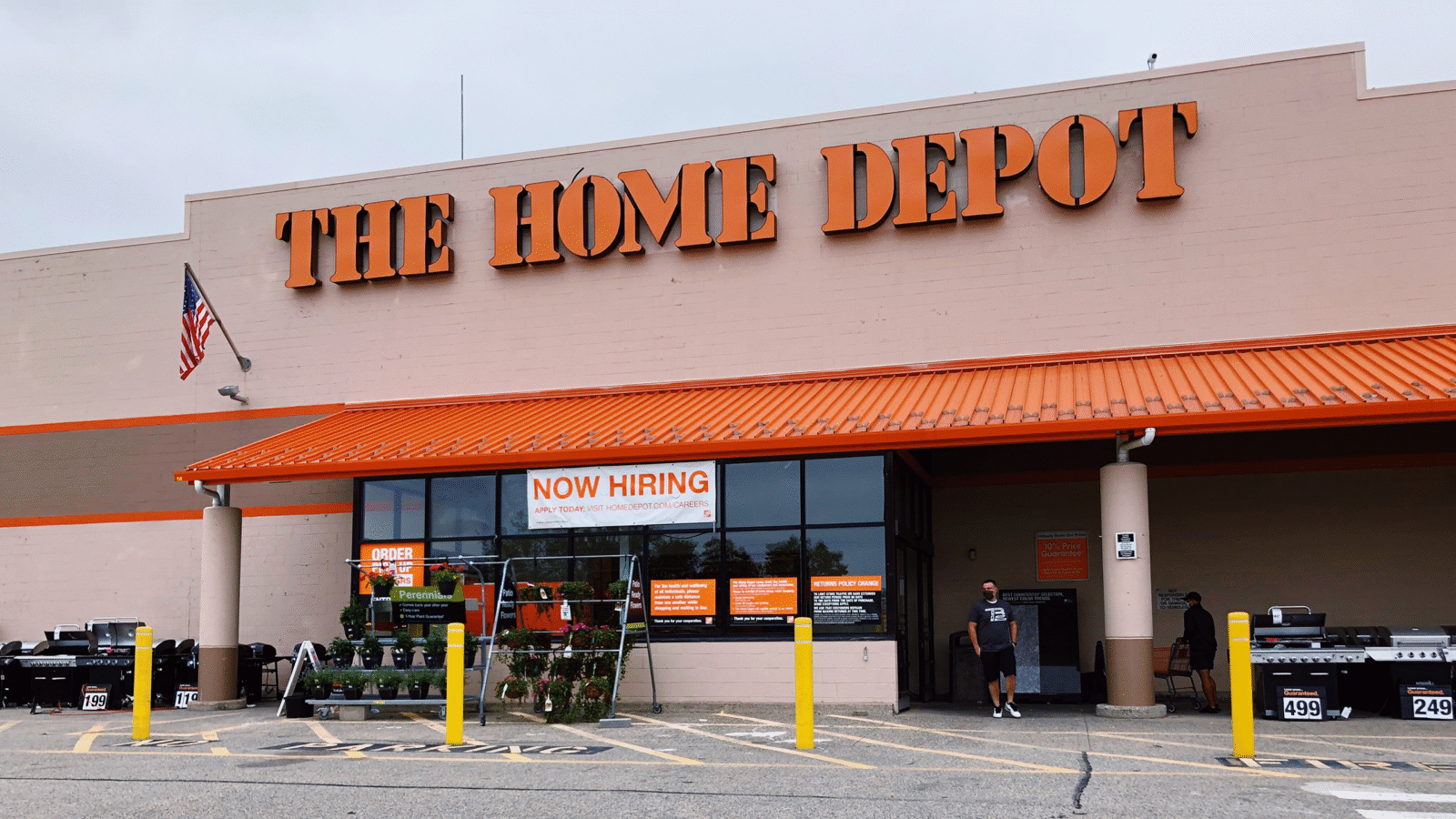
Sign up for smart news, insights, and analysis on the biggest financial stories of the day.
Cars, computers, cell phones, power tools, photocopiers, furnaces, air conditioning… what industry can’t the global chip shortage make a mess of?
You can add home appliances, including televisions, washing machines and even toasters, to the list, with LG Electronics signaling to suppliers that they’re at risk as the $450 billion semiconductor industry remains mired in a production crisis.
Just Can’t Get Enough
The genesis of the chip crunch was simple: when the Covid-19 pandemic began spreading around the world, many analysts and companies began assuming that consumers would cut back heavily during tough times.
But then people trapped at home went on a buying frenzy. For better computers and bigger monitors for remote work. For new laptops so their kids could participate in distance learning. For new televisions, and game consoles to be entertained by. For air fryers and juicers to eat better at home.
- “I slashed all my projections. I was using the financial crisis as the model,” Stacy Rasgon, a semiconductor industry analyst for Sanford C. Bernstein, told Bloomberg. “But demand was just really resilient.”
- The world’s largest contract chipmaker, Taiwan Semiconductor Manufacturing, said it can’t meet demand even as it runs factories at more than 100% capacity and that the shortage will extend into 2022.
With these conditions in place, manufacturers are now left to pick which chips get priority. What’s getting to the front of the line, more lucrative and complex products like cell phones or… toasters?
Toasters Get Toasted
The low margin microcontroller chips used in appliances like toasters and washing machines are now at the back of the production queue, as high-margin products win out, industry insiders told the Financial Times.
“We are closely monitoring the situation as no manufacturer can be free of the problem if it gets prolonged,” said LG, a big appliance maker, in a company statement. Despite that, home appliances are selling. Whirlpool, a leading washing machine manufacturer, reported $5.4 billion in net sales for the first quarter last week, and said it expects demand for years.
Why It Matters: Analysts at Goldman Sachs expect the semi shortage could compress GDP by 0.5% this year.











